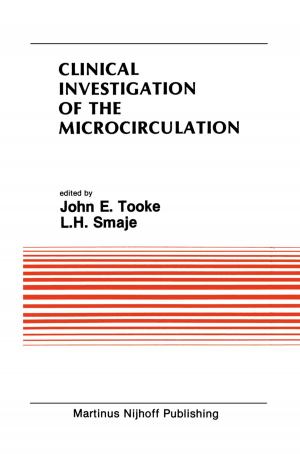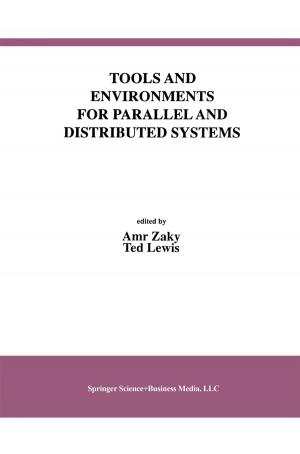| Author: | ISBN: | 9781461587477 | |
| Publisher: | Springer US | Publication: | December 6, 2012 |
| Imprint: | Springer | Language: | English |
| Author: | |
| ISBN: | 9781461587477 |
| Publisher: | Springer US |
| Publication: | December 6, 2012 |
| Imprint: | Springer |
| Language: | English |
The Conference on the Benthic Boundary Layer was held under the auspices of the NATO Science Committee as part of its continuing effort to promote the useful progress of science through international cooperation. Science Committee Conferences are deliberately designed to focus attention on unsolved problems, with carefully selected participants invited to provide complementary expertise from a variety of relevant disciplines. Through inten sive discussion in small groups they seek to reach a consensus on assessments and recommendations for future research emphasis, which it is hoped will be of value to the larger scientific community. The subjects treated over the past few years have been as varied as science itself-e.g., computer software engineering, chemical catalysis, and materials and energy research. The present effort evolved from informal discussions between marine geolo gists, chemists, and biologists which underlined the desirability of improved communication among those concerned with the benthic layer. In both scien tific and technological terms this is an exciting frontier, rich in promise but poorly understood at present. It is particularly striking to realize that there are at least as many definitions of the benthic layer as there are disciplines involved, and it seemed clear that there was much to be gained by a detailed exchange of views on research capabilities, trends, and priorities. The results of the meeting appear to have confirmed the hopes of the sponsors.
The Conference on the Benthic Boundary Layer was held under the auspices of the NATO Science Committee as part of its continuing effort to promote the useful progress of science through international cooperation. Science Committee Conferences are deliberately designed to focus attention on unsolved problems, with carefully selected participants invited to provide complementary expertise from a variety of relevant disciplines. Through inten sive discussion in small groups they seek to reach a consensus on assessments and recommendations for future research emphasis, which it is hoped will be of value to the larger scientific community. The subjects treated over the past few years have been as varied as science itself-e.g., computer software engineering, chemical catalysis, and materials and energy research. The present effort evolved from informal discussions between marine geolo gists, chemists, and biologists which underlined the desirability of improved communication among those concerned with the benthic layer. In both scien tific and technological terms this is an exciting frontier, rich in promise but poorly understood at present. It is particularly striking to realize that there are at least as many definitions of the benthic layer as there are disciplines involved, and it seemed clear that there was much to be gained by a detailed exchange of views on research capabilities, trends, and priorities. The results of the meeting appear to have confirmed the hopes of the sponsors.















